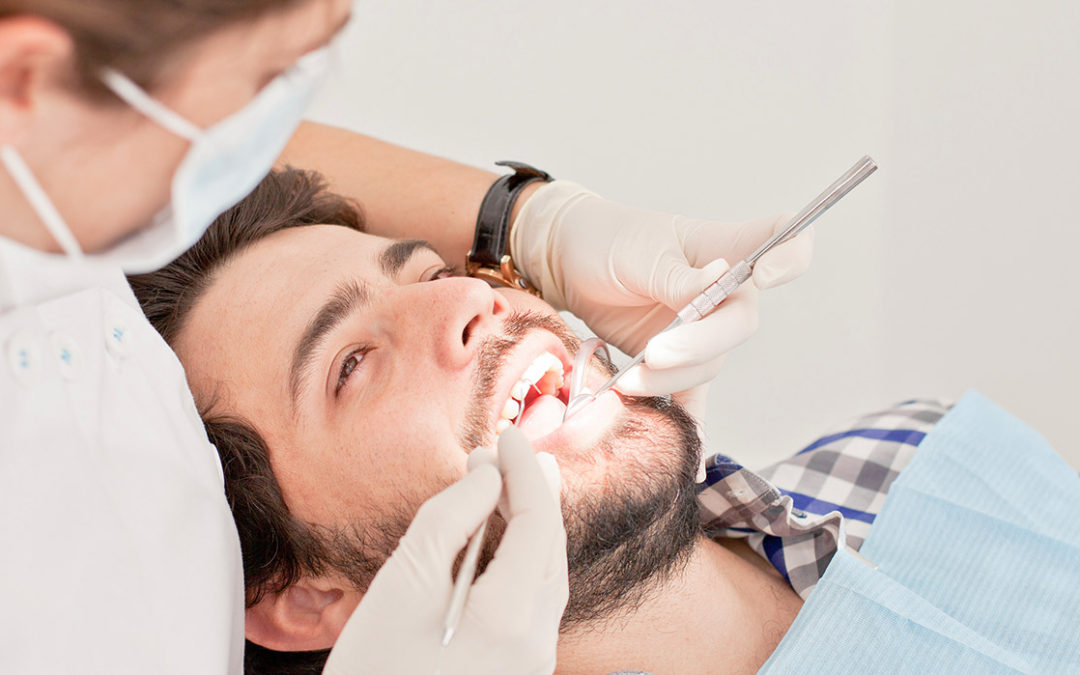Hyperpigmentation is a skin condition that affects people of all ages and ethnicities. It can be caused by chronic inflammation, acne, hormonal imbalances, or sun damage. Hyperpigmentation is an often overlooked skin problem that can cause embarrassment and low self-esteem for those affected by it. The good news is there are pigmentation removal treatments available to help with hyperpigmentation so you don’t have to live with this embarrassing condition any longer!
In this article we are going to discuss what hyperpigmentation is and the treatments available for it. We will also talk about some common causes of hyper pigmentation such as acne, hormonal imbalance, sun damage etc., how long does hyperpigmentation last? And finally we will discuss pigmentation removal treatment options and get rid of hyperpigmentation for good.
What is Hyperpigmentation?
Hyperpigmentation is a common skin concern that affects people all over the world. It can be triggered by external factors such as sun damage, acne or hormonal imbalance (or internal conditions such as thyroid disease). Also known as dark spots, brown spots, age spots, they are caused by increased melanin production within the affected areas of the skin. Hyperpigmentation can affect both men and women but it is most commonly found in those with darker skin types.
What is Melanin and How Does Hyperpigmentation Occur?
Melanin is a pigment that determines the color of your hair, skin and eyes. It’s made by cells known as melanocytes which are found primarily in the bottom layer (the stratum basale) of the epidermis. When melanocytes pump out too much melanin, hyperpigmentation occurs. This typically happens when an increase in hormones causes a greater number of melanocytes to release more melanin than usual. The two main types of hyperpigmentation you will hear about are:
1.) Post Inflammatory Hyperpigmentation
2.) Solar Lentigo Hyperpigmentation
In addition to developing dark spots on the skin, you may also notice changes in skin texture. This is because melanin can build up around the base of your hair follicles, giving your skin a rough and uneven texture.
What Causes Hyperpigmentation?
Hyper pigmentation is caused by increased melanin production within the affected areas of the skin. Melanin is what determines the color of your hair, skin and eyes. It’s made by cells known as melanocytes which are found primarily in the bottom layer (the stratum basale) of the epidermis. When melanocytes pump out too much melanin, hyperpigmentation occurs. This typically happens when an increase in hormones causes a greater number of melanocytes to release more melanin than usual.
What are the Treatments for Hyperpigmentation?
Pico Laser Treatment
Pico laser is an effective treatment for hyperpigmentation because it works on the deeper layers of skin where the melanin has been stored. Laser therapy uses light to penetrate deep into your dermis and target melanin production. With multiple treatments you can reduce acne, freckles, brown spots etc., leaving your skin looking more even toned and smooth. Pico lasers target pigment in a different way than IPL or Q-Switched Lasers do so if these two methods haven’t worked for you then pico lasers may be exactly what you’ve been looking for.
Microdermabrasion Treatment
Microdermabrasion treatment is another very common method used for treating hyperpigmentation which involves exfoliation and cleaning to expose the new skin that is underneath. The microdermabrasion treatment itself involves a machine which quickly removes the top layers of your facial skin using tiny crystals. These crystals are sprayed onto your face and then suctioned away leaving you with healthy, glowing skin underneath.
Acne Treatment
Hyperpigmentation is often caused by acne and it can be very difficult to treat this problem without treating acne itself at the same time. If you have trouble treating elevated pigmentation in certain areas it is important that you see an aesthetic doctor so they can help determine if what you have is simply acne or hyper pigmentation.



